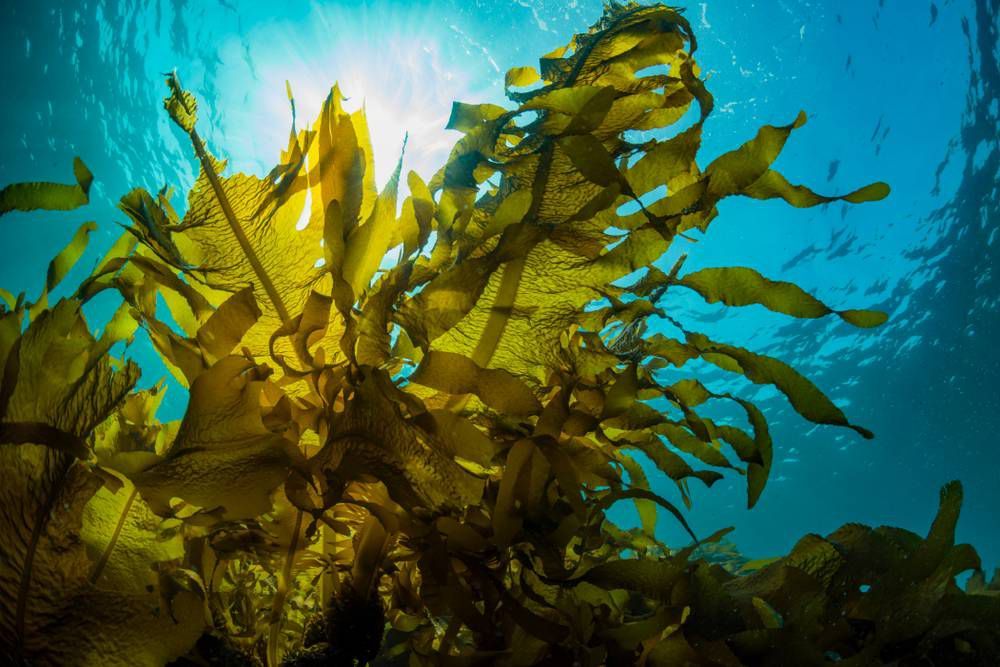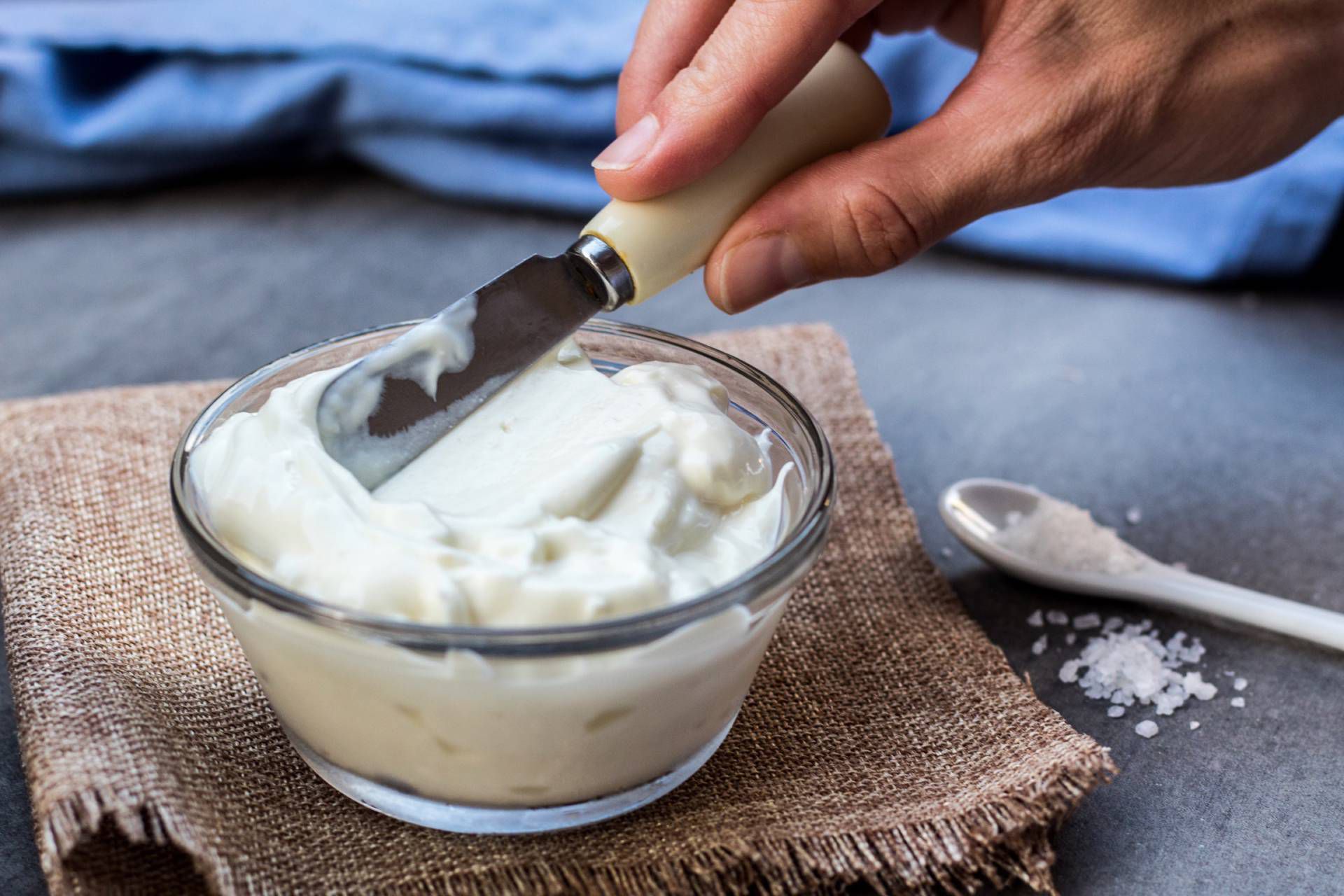PLANT BASED HYDROCOLLOIDS : ALGINATE

Alginate is a polysaccharide obtained from the cell wall of brown algae. Sodium alginate can be extracted naturally. Potassium alginate is obtained by the reaction of alginic acid with salts, and calcium alginate is obtained by changing the ion of sodium alginate. It increases the consistency of water, and its viscosity is in the range of 100–1000 cps. Due to its sensitivity to calcium and its salts, it is possible to adjust the hardness and set time of the gel it forms. It has a great advantage over other hydrocolloids; it is soluble in cold and can increase consistency. In addition to that, the working pH range is wide. However, good mixing is required for solubility.

Alginate is preferred in cream, labneh, ice cream, filling, etc. products since it provides a spreadable structure. However, the gel forms with calcium and adhesive properties have been preferred in some meat applications. In frozen products, it provides stabilization during thawing or re-freezing.
You can contact us for more information about this product, which has different types based on the degree of refining and strains.
